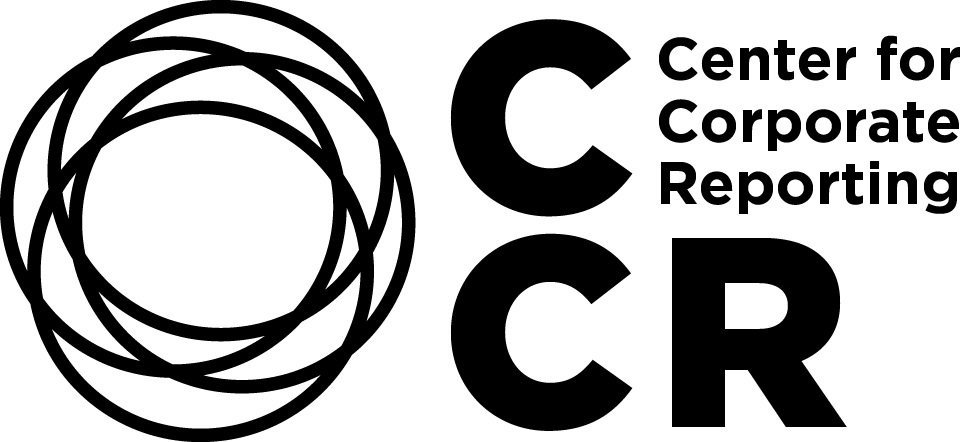Understanding strategic resilience to climate change
The recommendations of the Task Force on Climate-related Financial Disclosures ask you to consider the resilience of your business strategy to climate change - how do you do that?
by Robert Wyse
October 2024
Climate change – the dual imperative
The world must rapidly reach net-zero emissions to avoid the most damaging impacts of climate change whilst simultaneously building resilience against the physical hazards which will continue to grow as we transition. Insurers are fundamental to addressing this dual imperative: as risk managers, helping customers to understand, prevent and reduce climate-related risks; as risk carriers, protecting households, companies and communities by absorbing the financial shocks from increasingly extreme weather; and finally, as institutional investors, financing the transition of companies and scaling capital towards climate solutions.
Core to our success is an intimate knowledge of the risks we assume on behalf of the customers we serve. This can be ‘relatively’ straightforward when looking at a specific line of business, as previous years claims experience can often serve as a reasonable proxy for near-term future performance. Things get somewhat more challenging, however, when we want to consider how the risks we carry across multiple lines of business may change as pervasive issues such as climate change unfold. This is a complex exercise, not least as the impacts of climate change will play out over long time horizons and as these impacts become more severe, past performance ceases to be a reliable indicator of future risk. Complexity is increased further still when one considers that different lines of business will be impacted in different ways, and – applying the institutional investor lens - we need comparable insight to how our diversified asset base may be impacted.
How, then, to begin understanding the resilience of our business strategy to long term phenomena such as climate change?
Scenario analysis
One part of the solution lies with scenario analysis, a risk management discipline that, when applied in the context of climate change, allows us assess and understand potential future climate related impacts to our business under distinct, plausible future states.
Zurich first deployed scenario-based climate risk analysis at Group level in 2021. One objective of this effort was to test our hypothesis that the flexibility inherent in our business model (e.g. the ability to reprice risks annually, our flexible investment approach and the fact that we are not tied to physical operating locations) would result in relatively strong climate resilience. We have performed scenario-based climate risk analysis on an annual basis ever since, taking steps each year to refine and improve our approach and embed the process into our risk management framework.
Key learnings
This effort has not been without challenge.
Alignment – assessing the resilience of your business strategy is something that should involve your most senior leadership and early alignment on what this analysis is – and is not – is key. For us, this process is intended as a tool to stretch management thinking about potential future impacts to our business activities, something separate and distinct from the more familiar shorter term ‘stress testing’. We took time to allay concerns that this process was looking to produce a financial forecast, or model regulatory capital or solvency requirements over decadal time horizons.
Choices – there are myriad analytical choices to be made and analysis outcomes will be shaped by them. Key initial considerations relate to the type and number of scenarios to use and quantification approach. We leverage industry standard scenarios to remove the burden of developing, maintaining and explaining in-house scenarios and to allow an element of comparability. We chose to perform relatively deep analysis using a small set of scenarios – whilst a larger number may produce interesting insight, it is difficult to go sufficiently deep with fixed resource. Quantification time horizons can be difficult to choose; analysis needs to be sufficiently forward looking as to be meaningfully different to the financial planning horizon, but not so far forward that uncertainty limits the usefulness of analysis outputs.
Engagement– analysis outputs are a function of assumptions and limitations inherent in scenario design and modelling, data shortcomings and numerous other factors. Generating modelled outputs is an important step, but by no means the final one. Engagement with your Subject Matter Experts (SMEs) is critical to ensuring an accurate assessment. Discussing limitations of modelling and adjusting outcomes as required is crucial not only to reflect nuances of your business into your assessment but also increase ‘buy in’ from your most knowledgeable experts.
Governance – the transition from ‘project’ to ‘process’ was challenging, given risk management is our core business and not an esoteric discipline. Establishing the mandate to perform the analysis at an appropriate frequency and determining ownership of the process steps were key initial considerations. We see this process as core to managing sustainability risk (an inherently ‘first line’ task), hence Group Sustainability became the co-ordinating force, with assessment work carried out across our core business areas. Group Risk provide challenge to ensure robust analysis, while our financial reporting teams manage disclosure. Our Board are informed of material outcomes. It truly is a company wide effort.
Closing remarks
Forming a deeper understanding of how long term phenomena such as climate change can impact your business is increasingly a regulatory, and at times legal, requirement. Our experience suggests that while there can be significant effort involved and complexity to overcome, it is possible to do this in a pragmatic fashion. And, while the insight gained through scenario analysis is welcome, the ability to confidently communicate the resilience of our strategy to our stakeholders is perhaps the greatest value of all.
Robert Wyse
is the Climate and Nature Manager for Zurich Insurance Group and oversees the annual Group level scenario-based climate risk analysis process, through which Zurich assesses the resilience of its business strategy to climate change.



